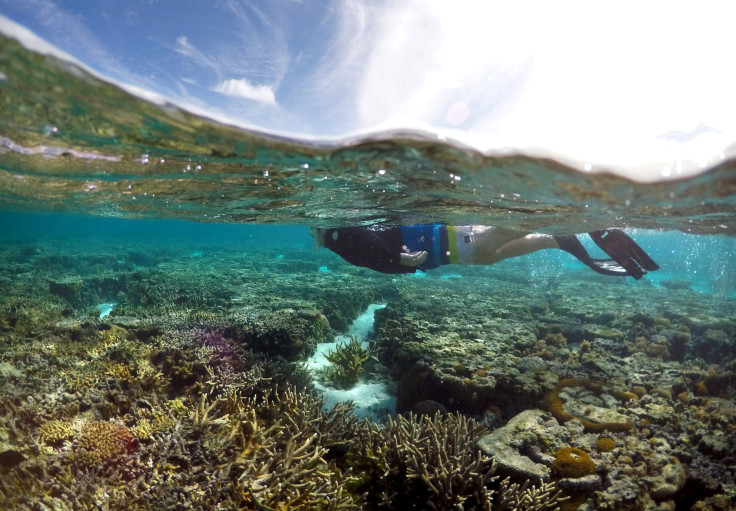Palau to become first country to ban sunscreens to protect coral reefs

Palau will be the first country to ban sunscreen to save its coral reefs. Last week, President Tommy Remengesau Jr signed the legislation to ban “reef-toxic” sunscreen from 2020.
The island nation, located in the western Pacific Ocean, is taking the preservation and protection of its coral reefs. Sunscreen is defined as containing any one of 10 chemicals present in sun-protecting lotions, including oxybenzone.
Mr Remengesau said a big impetus for the ban was a 2017 report that found that sunscreen products were widespread in Palau’s Jellyfish Lake, which they closed for more than one year due to declining jellyfish numbers. Sunscreens would be confiscated from tourists carrying them into the country, while merchants selling these banned products will be fined up to $1,395.
The law will also require tour operators to start providing customers with reusable cups, straws and food containers.
“If our most famous tour sites have four boats each hour, [and tourists] need at least one ounce of sunscreen to cover up, that can equate to a gallon every three hours,” Palau Government spokesperson Olkeriil Kazuo told the ABC’s Pacific Beat. “Any given day, that would equate to three or five gallons of sunscreen into the ocean and Palau’s famous dive spots, snorkelling, biodiversity and coral.
“That, to the President and the Administration, is pollution.”
Some studies have shown that chemicals in sunscreen can be toxic to coral reefs, which are vital parts of the ocean ecosystem. Critics, however, said that there weren’t enough independent studies about the issue to warrant the ban. Sunscreens are also important protection for humans under the sun.
The ban will take effect from Jan. 1, 2020. Meanwhile, manufacturers have started selling sunscreens that are “reef-friendly” and don’t contain any banned ingredients.
In May, Hawaii became the first US state to ban the sale of sunscreens containing oxybenzone and octinoxate,
For Australia, which is trying to restore its Great Barrier Reef, there hasn’t been enough scientific studies to back up the banning of sunscreens.
“It’s still a matter of balancing our planet health with human health when we know that two out of three Australians will develop skin cancer in their lifetime,” Cancer Council Australia CEO Sanchia Aranda was quoted by the ABC as saying. “If there was evidence for marine damage strongly and that TGA (Therapeutic Goods Administration), who regulates sunscreen and the chemicals that go into sunscreen, believed that it was harmful, then we would also see to support that.”





















